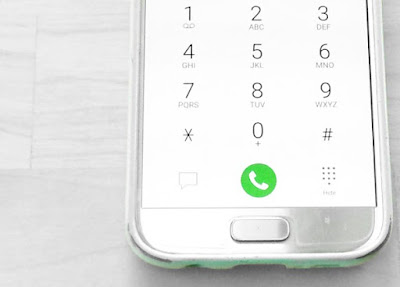A 5m 19s phone call to my bank earnt me an extra $497.73
Term deposits can be a good way to save. They often pay more than saving accounts if you are able, and willing, to lock away money for a fixed amount of time.
It's a bit like the lazy tax I mentioned before.
At the moment the difference can be as much as 0.65% - even just between a 5 and 7 month term. If you've got $40,000 saved, that's an easy $260 difference each year.
After my phone call I'll now make an extra $497.73 this year.
Smarter spending and investing wisely can give you freedom and options. You can choose a job you love rather be forced into one for money. You can find yourself out of work for a while and still be OK. If you want to retire earlier than the government pension age you can do so. If you want to work part-time or have time off between jobs you can do that too.
That's why I'm doing a few finance-related posts this year. Subscribe at the top of the page to be alerted to new posts.
Term deposits can be a good way to save. They often pay more than saving accounts if you are able, and willing, to lock away money for a fixed amount of time.
Specials
Most banks will have a 'special offer' on one of their term deposit rates. For example the 7-month term deposit might have a far better rate than most other lengths. Seems like a good deal.The Catch
At the end of 7 months the default option is to re-invest for another 7 months. But hang on - what if the 7 months rate is now terrible and the 9 months rate is really good? Doesn't matter. The default will be to invest for 7 months at the new terrible rate.It's a bit like the lazy tax I mentioned before.
Big money for little work
When your term deposit comes due, take notice. Check out the interest rates for different term lengths - if term deposits are still your preferred option. A branch visit or a phone call is enough to switch you to the term deposit length that now has the best deal.At the moment the difference can be as much as 0.65% - even just between a 5 and 7 month term. If you've got $40,000 saved, that's an easy $260 difference each year.
After my phone call I'll now make an extra $497.73 this year.
Why I'm talking finance
Money is the key to living a simpler more meaningful life. Working part-time I've had so many people say they wish they could do the same but can't afford it.Smarter spending and investing wisely can give you freedom and options. You can choose a job you love rather be forced into one for money. You can find yourself out of work for a while and still be OK. If you want to retire earlier than the government pension age you can do so. If you want to work part-time or have time off between jobs you can do that too.
That's why I'm doing a few finance-related posts this year. Subscribe at the top of the page to be alerted to new posts.



Comments
Post a Comment